Here is a common question we get: “I don’t work for my old employer anymore. What can I do with my old 401(k)?”
There are four basic options in answer to that question: you can cash it out, you can leave it where it is, you can roll it over to another workplace retirement account, or you can roll it into an IRA. The same options generally apply to most other employer retirement accounts. Let’s look at each of those options in more detail. (Note that these options generally apply to both pre-tax as well as Roth 401(k), however the Roth 401(k) has some additional complexities that are beyond the scope of this blog; please consult a BentOak Capital advisor for additional details related to Roth 401(k)’s.)
Cash It Out
If you have left your employer, you have the option to completely liquidate your old 401(k) account. Your employer will, by law, withhold 20% of your vested balance for income tax purposes and send you the remainder. Unless your financial situation is dire, this is generally not a good plan.
Pro: You have cash at your disposal.
Con: The full amount of your vested balance will be considered taxable income in this tax year. If you are younger than 59 1/2 years old, you will incur a 10% “early withdrawal penalty” on top of the income tax you will owe. You eliminate the possibility of future tax-deferred growth in this retirement account.
Leave It Alone
If you choose to do nothing with your 401(k), your account and the funds you are currently invested in will not change. The only exception to this is if your 401(k) account has less than $5000 in it: in this case, your old employer has the legal option (but not the obligation) to force your 401(k) balance out of the plan. If your balance is less than $1000, you can be sent a check for your vested amount (less 20% withholding, as above) and you will owe income tax on the distribution. If you balance is between $1000 and $5000, your old employer can choose to roll your 401(k) balance into an IRA in your name – you will not owe income tax on this rollover.
Pro: It requires zero action on your part.
Con: It is easy to forget about old 401(k) accounts if not checked regularly. If you move to a new home and do not notify the 401(k) recordkeeper (generally, the website you log onto to see your 401(k) balance), you risk escheatment. If you have a small account, you may have your assets forced out against your will.
Combine It with Your New 401(k)
If your new employer also has a retirement plan (401(k), 403(b), Simple IRA, or similar), you can roll your old 401k account into your new employer’s plan. This is a tax-free event and is relatively simple to do. Contact your new 401k plan recordkeeper (or use their website) and request the correct paperwork to roll over your old account.
One tip: ask your HR person or check the 401(k) plan recordkeeper’s website for the most recent fee disclosure so you can compare the costs of your old 401(k) to your new one.
Pro: Provides consolidation of workplace retirement assets. If you plan to work beyond the age of Required Minimum Distributions (early to mid-70s), keeping your retirement assets within a 401(k) allows you to ignore RMD rules until you finally do retire.
Con: New 401(k) may have higher costs or more limited investment choices than the old 401(k) does – or vice versa (do your homework to get informed).
Roll It Into An Individual Retirement Account
If you already have an Individual Retirement Account (IRA) or want to open a new one with a bank or investment company, you may roll your 401(k) into that IRA. This also is a tax-free event, is relatively simple to do, and allows you to consolidate your retirement assets into one account. There are some potential pitfalls to be aware of here:
Pro: Consolidation of accounts and management of all assets under one roof tends to be the primary draw. IRAs have a much wider variety of investment options than 401(k) plans. IRA accounts tend to have more robust withdrawal options than 401(k) plans. Some tax-planning strategies like Roth conversions and Qualified Charitable Distributions can only be done from an IRA.
Con: 401(k) plans have some legal protections that IRA accounts do not. Depending on your 401(k) plan, IRAs may (but may not!) have investment and other costs – do your homework and make sure any increase in cost is worth the benefits you receive.
This is not an exhaustive list of the features, pros, and cons of each of these options. If you have a old 401(k) account from a previous employer and would like to discuss these options in more detail (and with more nuance), give us a call at 817-550-6750.
The opinions voiced in this material are for general information only and are not intended to provide specific advice or recommendations for any individual. All performance referenced is historical and is no guarantee of future results. All indices are unmanaged and may not be invested into directly.







